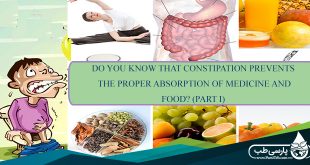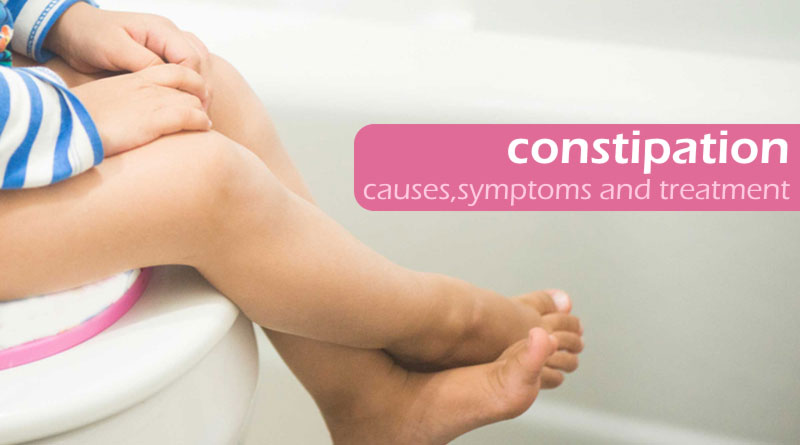Difficulty breathing is one of the more frightening symptoms of acid reflux and the chronic form of the condition, which is called gastroesophageal reflux disease (GERD). GERD can be associated with breathing difficulties such as bronchospasm and aspiration. These difficulties can sometimes lead to life-threatening respiratory complications
Shortness of breath, also called dyspnea, occurs with GERD because stomach acid that creeps into the esophagus can cause it to narrow. When gastric acid reaches the vocal folds, airways, and lungs, it can cause a swelling of the passages. This can lead to atypical asthma reactions. Such airway damage can affect breathing by causing coughing or wheezing and making swallowing solid foods more difficult.
GERD and Asthma
Shortness of breath can occur in GERD alone, but it also often occurs in conjunction with asthma. The two conditions are often linked. In fact, theCleveland Clinic estimates that:
- more than three-quarters of asthma patients also suffer from GERD
- people with asthma are twice as likely as those without asthma to have GERD
- people with a severe, chronic form of asthma that’s resistant to treatment are most likely to also have GERD
Although research has shown a relationship between asthma and GERD, the exact link between the two conditions is uncertain. One possibility is that acid flow causes injury to the throat lining, airways, and lungs. This can make breathing difficult. Another reason may be that when acid enters the esophagus, it triggers a nerve reflex that causes airways to constrict to keep acid out. This leads to shortness of breath.
Just as GERD may worsen asthma symptoms and vice versa, treating GERD often helps improve asthma symptoms, like shortness of breath. Doctors are more likely to attribute GERD to be the cause of asthma when asthma:
- starts in adulthood
- worsens after stress, eating, exercise, lying down, or at night
- fails to respond to standard treatments
Lifestyle Changes
Whether your shortness of breath is related strictly to GERD or is due to GERD-related asthma, there are small steps you can take to prevent and treat it. Often, the most effective steps to prevent GERD involve making some lifestyle changes. Here are some tips:
- Modify your diet. Eat smaller, more frequent meals, and avoid bedtime snacks or meals.
- Lose weight if you are overweight.
- Identify triggers for GERD symptoms, and avoid them. For example, if tomato sauce irritates your GERD, avoid foods and meals that contain tomato sauce.
- Quit smoking. Smoking can aggravate GERD symptoms.
If lifestyle changes alone don’t improve reflux-related breathing problems, doctors may treat narrowing of the esophagus by artificially enlarging it during a procedure called esophageal dilation. This can be achieved by using balloons or progressively larger dilators. Your doctor may also recommend drug treatments for GERD symptoms and, in rare cases, surgery.
Other Ways to Help GERD Symptoms
There are some other small yet key things you can do to help GERD. Elevate the head of your bed by 4 to 8 inches. This helps the food in your stomach to remain in the stomach instead of going into your espohagus while you’re sleeping. You should also avoid using a ton of pillows when you sleep. This can put your body into an awkward position that worsens your GERD symptoms. Avoid wearing tight belts and clothing that put pressure on your abdomen as well.
If you have both GERD and asthma, continue to take your prescribed asthma medications (and medications for GERD if your doctor has prescribed them) — and limit exposure to your asthma and GERD triggers.
 Parsi Teb Physical and Mental Health Journal
Parsi Teb Physical and Mental Health Journal 



